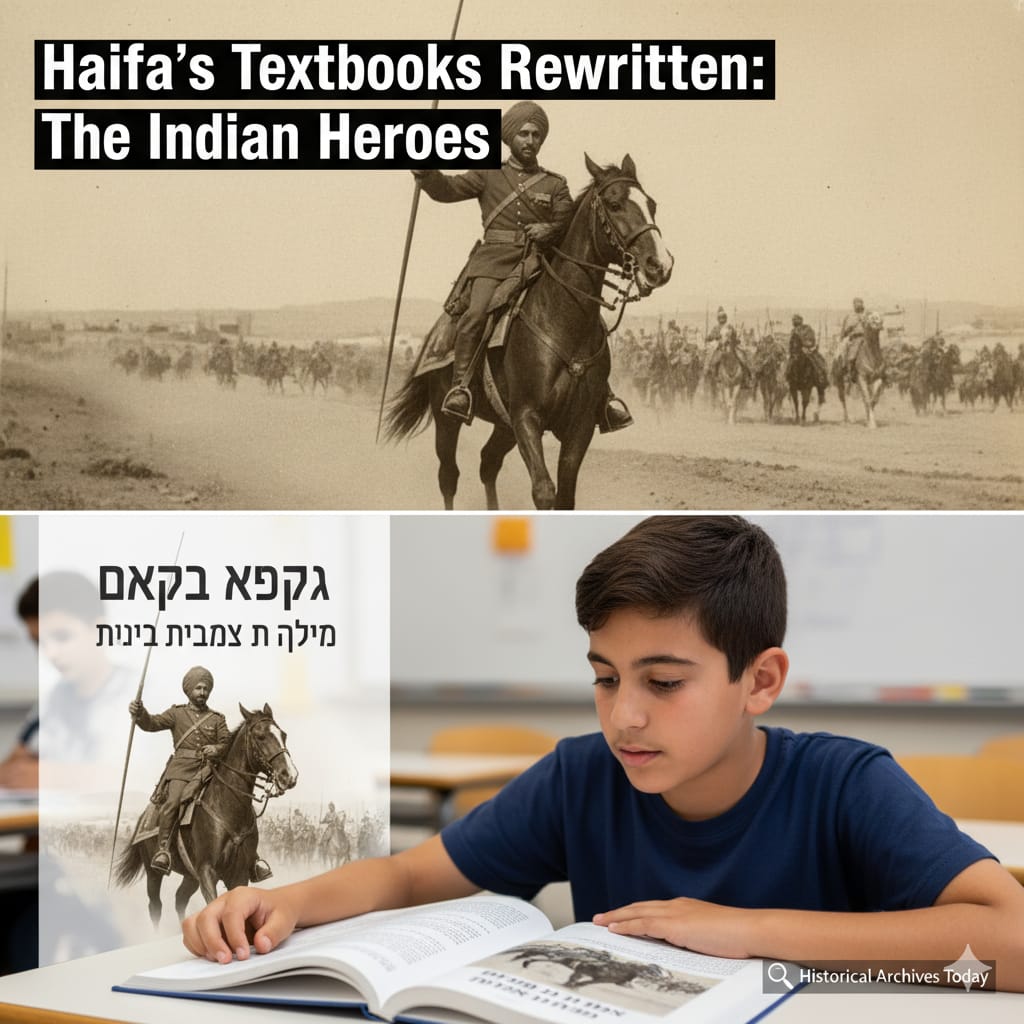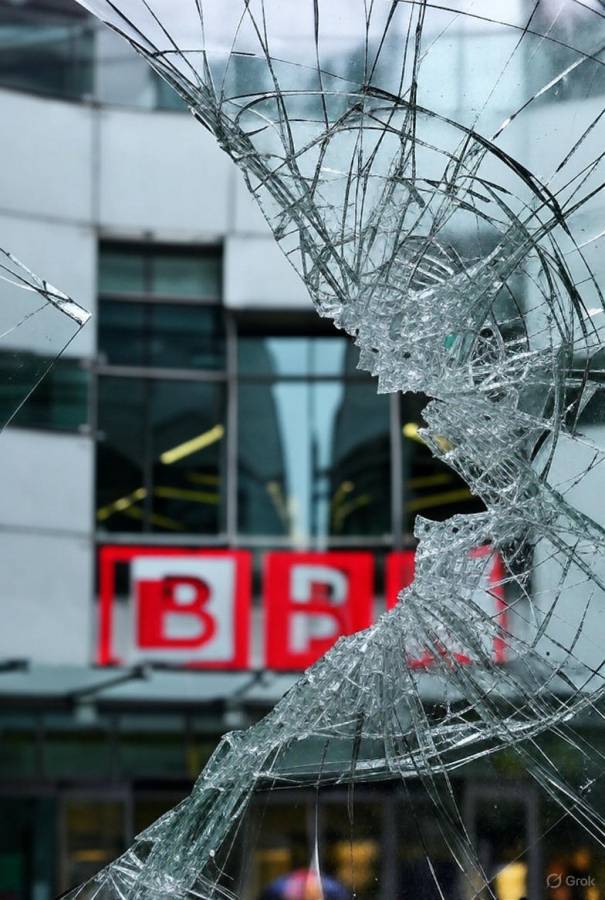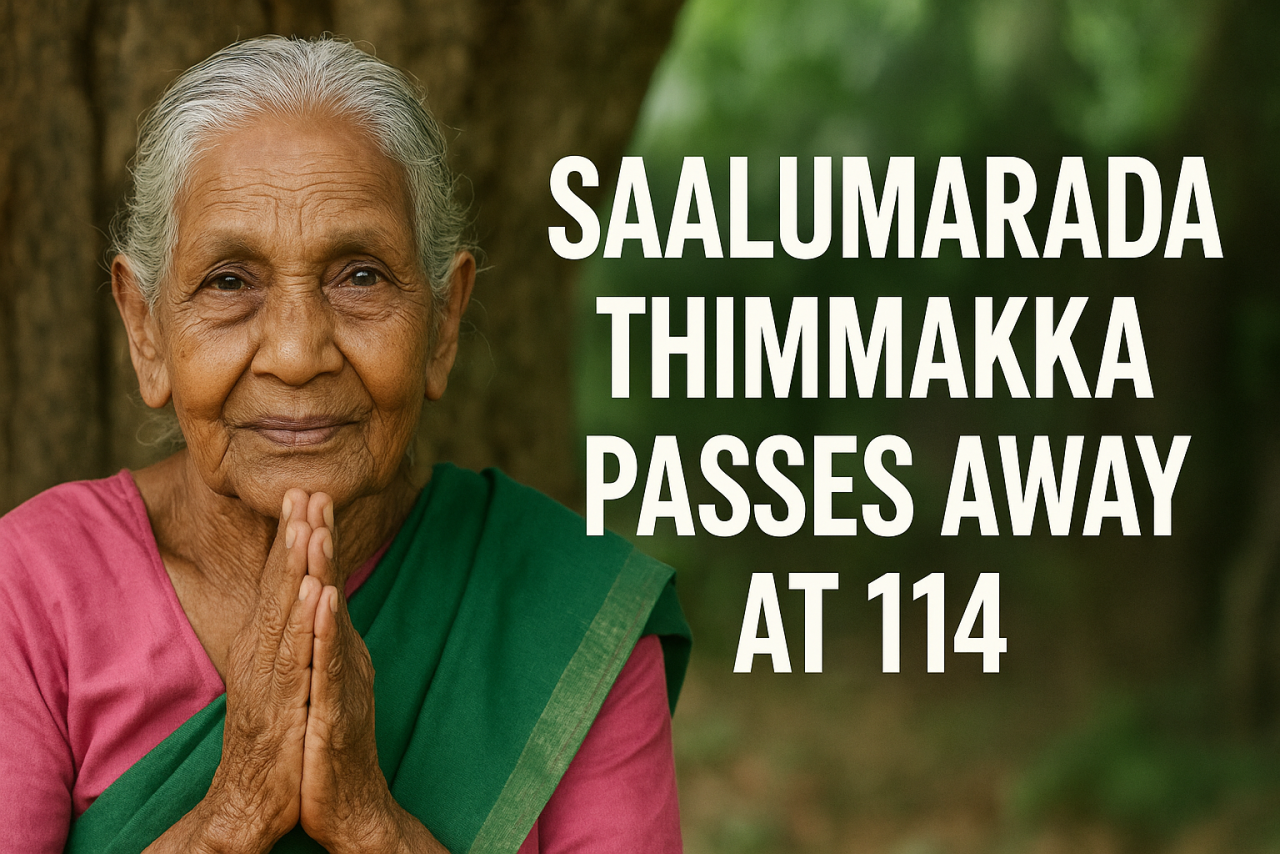
The city of Haifa in Israel has taken a remarkable step by rewriting its school history textbooks. The change highlights the role of Indian soldiers in liberating the city from Ottoman control in 1918. For over a hundred years, history books taught students that British forces alone were responsible for Haifa’s freedom. This version ignored the bravery and sacrifice of Indian regiments who played the central role in the decisive battle. Now, thanks to new research, the story is being corrected for future generations.
The Mayor of Haifa, Yona Yahav, announced that this correction will appear in the curriculum for younger students. The change is based on work done by the Haifa Historical Society, which dug into original records and found evidence that the Indian soldiers had been left out of official accounts. Such work by local historians often helps uncover hidden truths that national narratives overlook. In this case, it showed that the final victory belonged not just to the British command but also to the courage of Indian cavalrymen who charged into battle with swords and spears.
The event being re-examined is the Battle of Haifa, fought on 23 September 1918 during the First World War. This battle is remembered as one of the last great cavalry charges in history. Indian regiments from Mysore, Hyderabad and Jodhpur, serving as part of the 15th Imperial Service Cavalry Brigade, stormed the steep and rocky slopes of Mount Carmel. They faced heavily armed Ottoman and German forces but managed to defeat them, securing Haifa for the Allied campaign in the region. The success was so striking that military historians often point to it as a turning point in the Palestine and Sinai campaigns.
For decades, Israeli textbooks repeated the simpler version that Haifa was freed by British forces. This narrative erased the contributions of nearly nine hundred Indian soldiers who fought and died in the battle. Many of them are buried in cemeteries across Israel, including in Haifa itself. Their graves stood as silent proof of their sacrifice, yet their names were left out of the classroom story. Now, that omission is being corrected.
The inclusion of this new history in textbooks for classes three to five carries several lessons. First, it shows students that history is not fixed but is open to review and correction as new evidence emerges. It encourages young learners to think critically about the past rather than accept every official version without question. Second, it restores dignity to the memory of Indian soldiers whose bravery was hidden behind the shadow of empire. Their sacrifice, made under British command, was their own act of courage and deserves recognition in its own right.
This change in Haifa reflects a broader movement in global historical studies that tries to move beyond imperial narratives. For too long, the contributions of colonial troops were minimized or ignored. By placing Indian cavalry at the center of the Battle of Haifa, Israel is showing that victories in world history often depended on ordinary soldiers from distant lands. These soldiers fought wars that were not truly their own, yet their actions shaped the outcome of battles that changed nations.
The rewriting of textbooks is more than a classroom update. It is an act of justice. It repairs an oversight that had clouded the true source of Haifa’s liberation. It also provides a powerful message that historical memory must be inclusive. When students in Israel now read about 1918, they will learn that their city was freed by Indian regiments who rode with courage and skill into one of the last cavalry charges ever recorded.
There is also a symbolic importance to this development. India itself has often struggled with how to present colonial history in its textbooks. Narratives in Indian schools have sometimes divided the past into neat but oversimplified periods. In contrast, Haifa’s move is striking because a nation is openly crediting a foreign force for its liberation. This shows that honest history is not about national pride alone but about truth that connects people across borders.
The legacy of the 15th Imperial Service Cavalry Brigade continues to echo today. Their charge in 1918 was more than a military action. It became a moment of international connection, linking India and Israel through shared memory. By acknowledging this past, Haifa is not just teaching history. It is honoring courage, correcting injustice, and reminding its young citizens that the story of the world is richer and more diverse than older textbooks suggested.





















